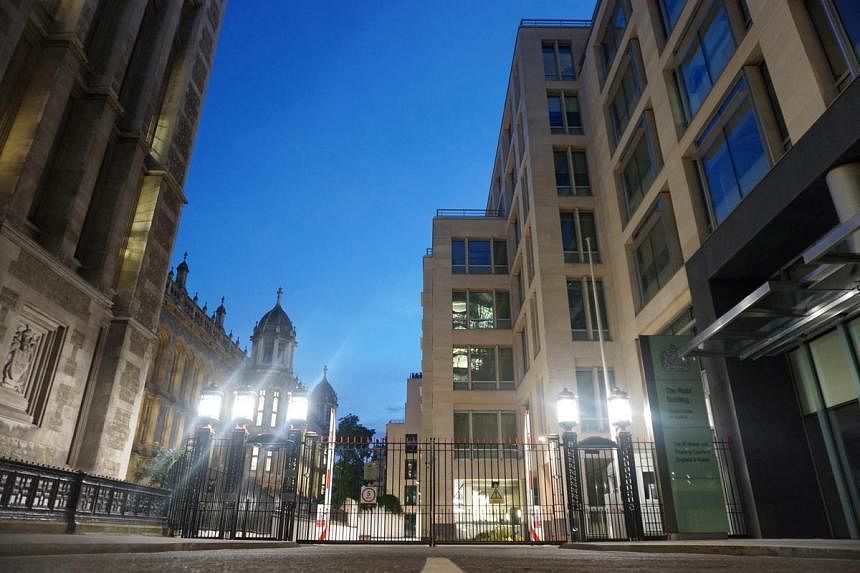An American aviation executive has had British judgments worth more than $4 million against him thrown out after a judge ruled that his legal opponent had covered up its use of hackers to steal the businessman’s emails in order to win the case.
High Court Justice Michael Green said last week that the 2016 lawsuit filed against Missouri-based businessman Farhad Azima by his former business partner, a United Arab Emirates investment fund called RAKIA, was an "egregious case" that had the "somewhat extraordinary consequence that they obtained judgments by fraud." In addition, the judge ordered that Azima be paid about 8 million pounds ($10 million) in costs and damages.
RAKIA, which abandoned the case in 2022 and was not in court, did not return messages seeking comment. Azima said in a statement that he was delighted with the win.
The ruling caps a remarkable turnaround for the Iranian-born businessman, who had previously been found liable for cheating RAKIA in a British court ruling handed down in 2020. That judgment drew heavily on Azima's private emails, which had been hacked and then anonymously published to the internet. RAKIA, which initially said it had nothing to do with the theft, introduced those emails into evidence to convince a judge that Azima was guilty of “seriously fraudulent conduct” in relation to a pair of aviation and tourism-related business deals.
As the 2020 judgment was being prepared, Reuters was reporting an investigation into how Indian hackers specialized in stealing emails to sway court cases in favor of their clients. Azima was one of thousands of people informed by Reuters that they were among those targeted, prompting him to launch an investigation that ultimately tied the hackers to RAKIA’s then-law firm, Dechert.
Armed with the new information, Azima won the chance to file a counterclaim against RAKIA. RAKIA then pulled out of the case, arguing in a statement that while it did not authorize the hack of Azima, it may have been the victim of unspecified “dishonest and unscrupulous third party advisers.”
Dechert said in a statement that it had last month reached a settlement with Azima over the British case, which the law firm said was done "without any admission of liability."
Separate hacking-related lawsuits filed by Azima against Dechert in New York and one of the law firm’s former private investigators in North Carolina are still ongoing. REUTERS


